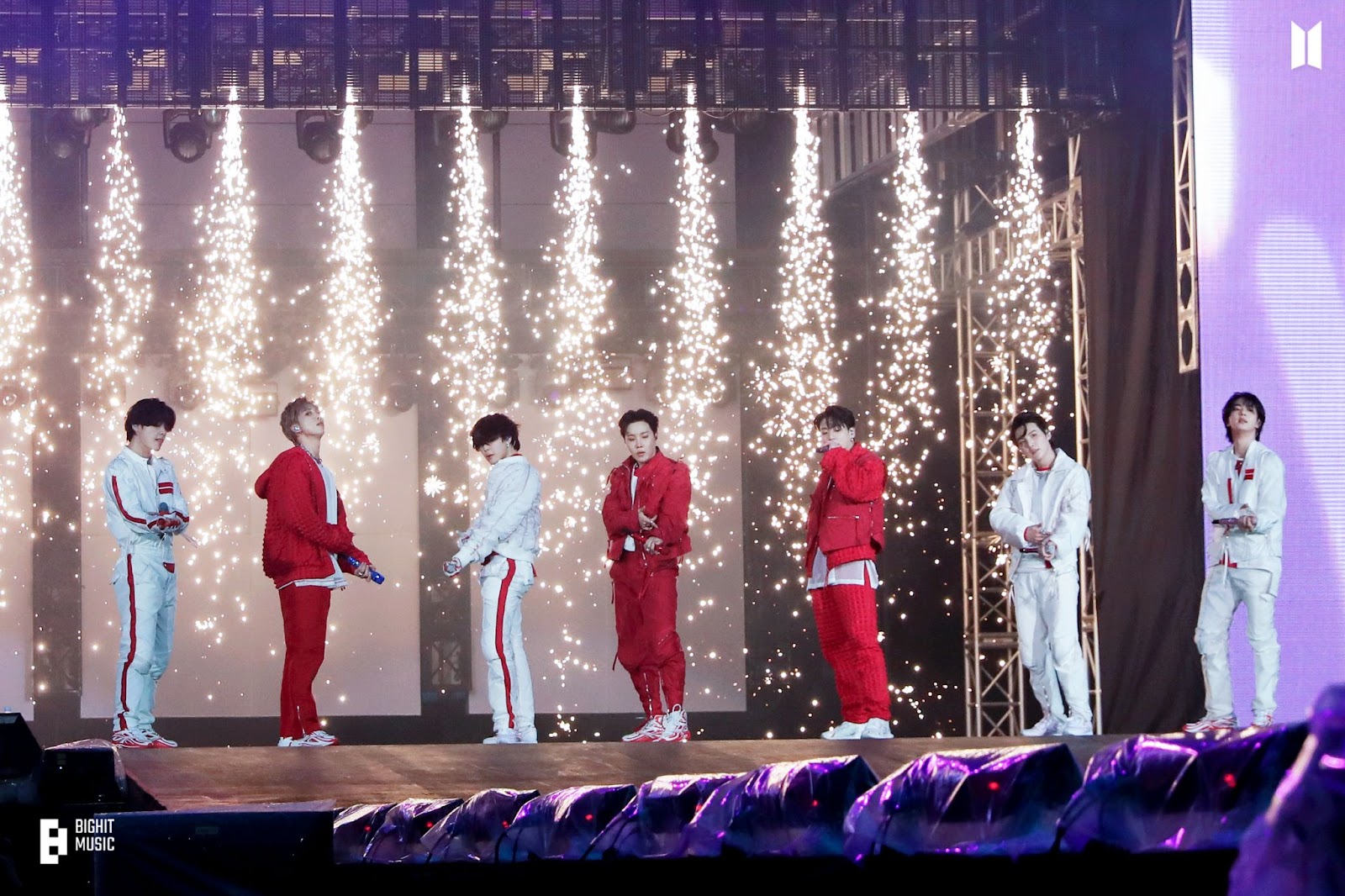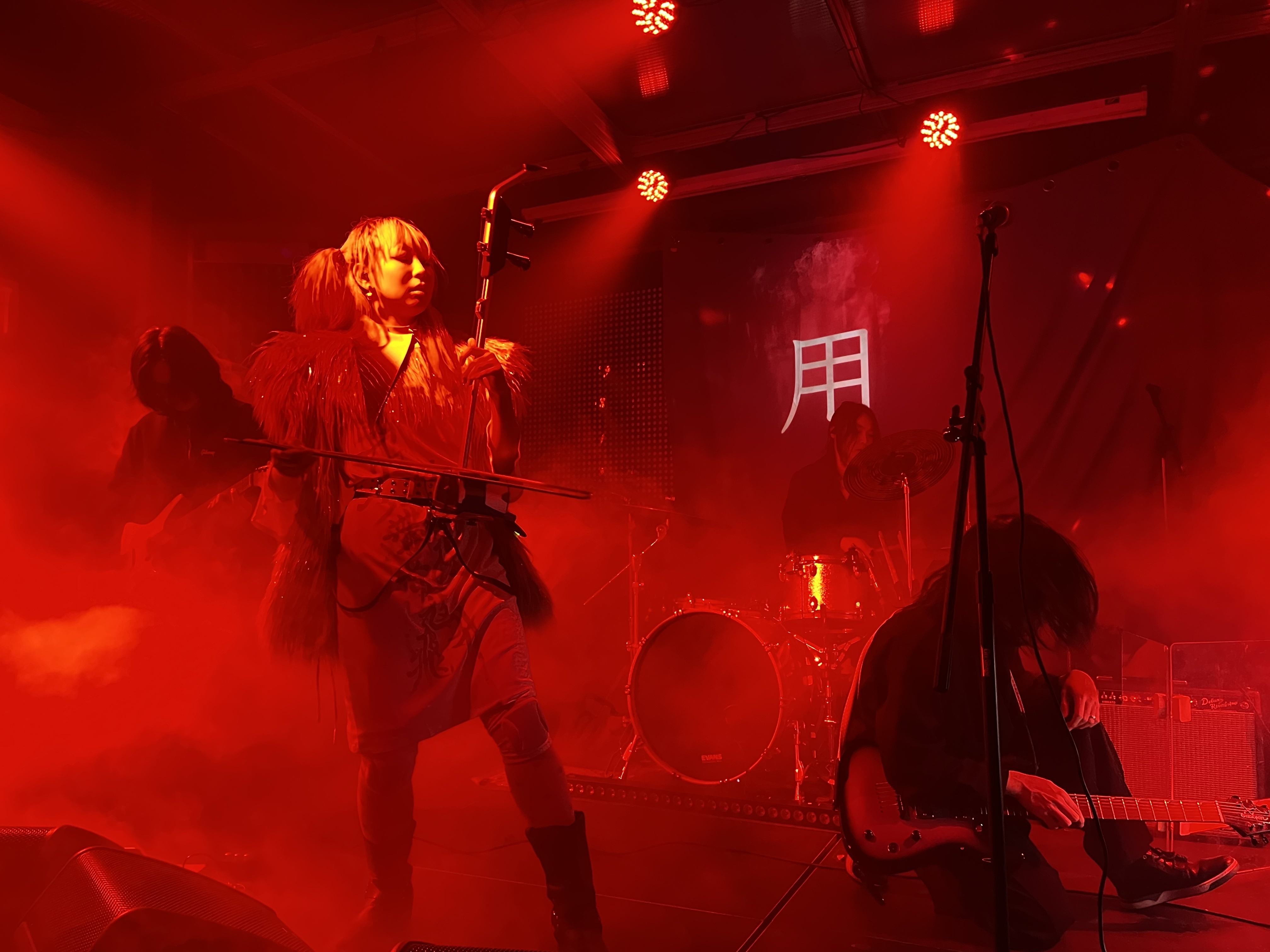Attention New Yorkers! Looking to let loose this Thanksgiving break? We got you. The inaugural MetaMoon Music Festival, a celebration bridging the cultures of Asia and America, is set to come to New York City’s Barclays Center on November 26.
Hosted by the Chinese American rapper and comedian MC Jin, the music festival was co-founded by Hong Kong-based advertising agency Graceful Media and California-based entertainment company Live Nation.
The one-day event features high-profile Asian artists, including former Exo member Lay Zhang and Amber Liu, a former member of the South Korean girl group f(x).
We spoke to Zhang, Liu, and Grace Chen, the latter being the founder of MetaMoon and Graceful Media, to learn more about them as creators and what we can expect at the upcoming music festival. The responses below have been lightly edited for clarity and brevity.
RADII: What inspired you to create MetaMoon Music Festival?
Grace Chen: There is still a lot of work to be done to combat anti-Asian hate. However, an encouraging sign is that more Asian voices across media and pop culture are being heard and showcased. Asian culture has always been a part of American culture.
With pop culture and the arts, Asian artists and creatives are now getting more opportunities to be recognized. The talent, the stories, and the culture have always been there; it’s now more seen, shared, and celebrated. MetaMoon was created to be part of that celebration.
We want to expose music fans in the U.S. to something new through our lineup of artists whom they’re likely not familiar with, while at the same time giving fans of these artists a chance to see them live.
Therefore, we purposely chose the Saturday after Thanksgiving for our event, as many college students, young professionals, and some families may be unable to travel home for the holidays. It’s a long weekend, so we invite them to join us at Barclays Center for a night of good fun and great music.
Our goal is for MetaMoon to become an annual event in Brooklyn and other cities around the U.S. If fans continue to respond with excitement, we would love to bring it overseas to other countries as well.

88rising’s Head in the Clouds Festival is another example of a music festival that celebrates AAPI artists. Image via Twitter
One other major AAPI music festival would be Head in the Clouds. What makes MetaMoon different?
GC: MetaMoon [will be] a different experience than Head in the Clouds. For our inaugural year, we have four hours of music in one night, in one of the country’s best arenas, in one of the most dynamic cities in the world. Head in the Clouds has some great artists in their lineup, and maybe someday in the future, we will have the opportunity to host some of those artists on our stage.
How does it feel to be one of the highlights of the MetaMoon music festival?
Amber Liu: I am honored to be part of the lineup […] it is pretty cool to be in all these places and think, wow, I can represent so many different communities. It is a tiny bit of pressure, I won’t lie. But I am always honored to be part of it and represent my community. Being able to be part of the concert, perform, and vibe with the people is always a fun time.
What have you prepared for the MetaMoon music festival?
Lay Zhang: I have been working hard all year […] I’ve practiced hard and learned a lot of things, such as vocals and krumping in the U.S.
AL: It has been a while since I performed in New York, so I’m super excited about that. I’ve got a full band with my homies, and we finally get to come together. We have been working on different projects, and now we are all together, which is really cool. I am looking forward to vibing out on stage.
Amber, do you plan to perform any unreleased songs at MetaMoon?
AL: I won’t be performing any unreleased songs because they are not quite ready yet. But, at MetaMoon, there will be songs that I have released in the past that I haven’t performed before. I am really excited to perform these songs because I probably only sang them in the studio, and it will be my first time performing them onstage.
In recent years, K-pop has become very popular in the West. Is Chinese music ready for the same level of recognition?
LZ: K-pop right now has become so big. As a Chinese artist, I have been trying to find songs that work both in China and in the West. But I believe soon we will see Chinese artists on the world stage.
AL: In my humble opinion, I think it is time. I was doing K-pop when it first got into the Western market — six or seven years ago. So it’s definitely time, in my opinion. With people like Lay and me, everybody on the lineup, [MetaMoon] is one of those big opportunities where Chinese artists can come and show [audiences] who we are.
From your experience, Grace, how does sharing music and pop culture help bridge the gap between communities?
GC: Few things in the world can truly unite and cross borders and cultures like music. If you look at K-pop, many fans may not understand every word in the songs, but everyone can still sing along. The same thing with Latin music; even if you don’t understand the lyrics, you can still dance to the beat.
MetaMoon was created to bring people together. When you’re in an arena with 10,000 strangers dancing and singing along with the artist on stage, regardless of your background, ethnicity, language, age, or geography, we all have something in common.

K-pop boy group BTS. Image via Twitter
Regarding your music journey, Lay, how has your style evolved over the years? And now that you are a solo artist, what has been the biggest difference between working alone versus performing in a group?
LZ: I was born in China, but I learned a lot of things from music in Korea and the U.S., and that’s why I have been mixing things to create something new.
Working with my boys is not that stressful. Doing solo [work] is a bit more lonely — you have to do the whole thing yourself. But that’s okay. It’s also a great thing and quite cool.
Amber, what does your creative process look like?
AL: The process of songwriting is so random. Most of my inspiration comes from the shower. Sometimes I will run out of the shower and grab my phone just to record something. Sometimes it’s when I am walking and talking with a friend, and I am like, “Wait, say that again!”
How do vulnerability and openness impact your artistry?
AL: Growing up, I felt alone and misunderstood. But through music, it is like this weird click that happened — I felt less alone. It is okay to be sad. I made mistakes, and I can do better. Putting that into my writing has been therapeutic. When my fans say to me, ‘Thank you for writing that music,’ it goes full circle. I want to make music to help people.
Is there anything you are looking forward to while you are in New York?
LZ: Hotdogs! Hotdogs are one of my favorite foods. It is so easy to gain weight in the U.S. There are so many good foods, and they are all delicious.
Besides Zhang and Liu, MetaMoon also features high-profile Taiwanese musician 9m88, Chinese-American singer Karencici Lam, Taiwanese-American rapper Øzi, and Chinese singer, dancer, and rapper Sury.
Can’t wait to see these talented artists perform on stage? Get your tickets now before they sell out!
Additional reporting by Joanna Zhang. Cover image via Depositphotos






















